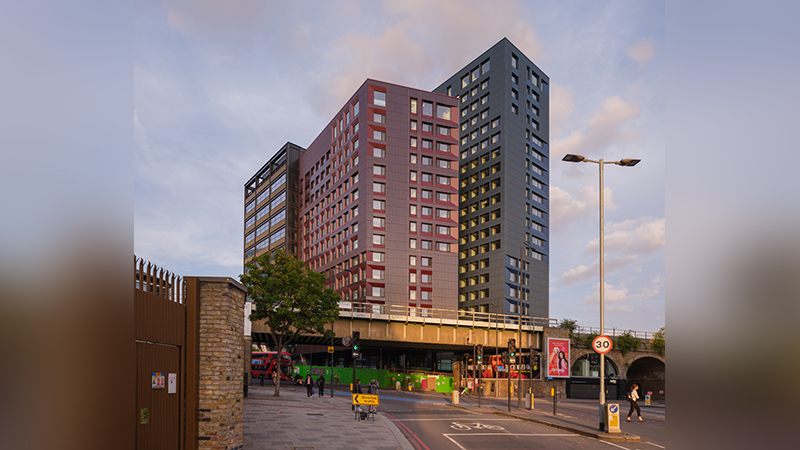Plaintiff’s car left on defendant’s premises by departing tenant – Defendant’s agent dealing unhelpfully with plaintiff’s demand for its return – Car stolen – Whether defendant liable for loss – Defendant’s appeal dismissed
The defendant owned a commercial building in High Street, Gravesend. In early June 1993 the defendant repossessed the ground floor, following its abandonment by S, a business tenant owing several months’ rent. Left in a yard at the rear of the building was a 1985 Ford Granada 2.8, which belonged to the plaintiff businesswoman who had hired it to S at a monthly rent. On learning of S’s departure, the defendant put notices in the ground-floor front windows, which carried a warning against re-entry and announced that goods and chattels on the premises had been seized with a view to sale by auction. The notice directed inquiries to DG, a firm of estate agents. Having seen the notice, the plaintiff asked DG on several occasions about the status of the car and was told that DG would inquire of the defendant whether the car could be removed and that, subject to proof of her ownership, removal was likely to be permitted. With no further news from DG, the plaintiff, who did not have a set of keys for the car, engaged a mechanic to effect its recovery. However, the mechanic was unable to do so because, as he found on his second attempt in September 1993, the yard had been gated and locked. In or about November 1993 the car went missing from the yard.
The plaintiff brought a negligence action in the county court, where the judge ruled in her favour on the ground that the defendant, who was unable to account for the disappearance of the car, had failed to discharge the burden, which lay upon him as a gratuitous bailee, of showing that the loss was not attributable to his negligence. The defendant took various points on appeal.
Held: The appeal was dismissed.
1. Since the agents were acting with the defendant’s authority in holding on to the car, the judge had correctly categorised the defendant as a gratuitous bailee. Such a bailee, as distinct from an involuntary bailee, became guilty of negligence on failing to deal reasonably with an unequivocal demand made by the owner of the chattel. The plaintiff had made such a demand, with the result that the defendant effectively became insurer of the car as from the time that, with reasonable diligence, arrangements could be made for its return: see Mitchell v Ealing London Borough Council [1979] QB 1. As a consequence of the agent’s dilatory conduct, the defendant held the car at his peril.
2. The court also approved the judge’s reasoning on the burden of proof: Houghlandv RR Low (Luxury Coaches) Ltd [1962] 1 QB 694 considered.
Clive Styles (instructed by Kingsley Smith & Co, of Chatham) appeared for the plaintiff/respondent; James Harris (instructed by Wiseman Lee) appeared for the defendant/appellant.
Alan Cooklin, barrister










